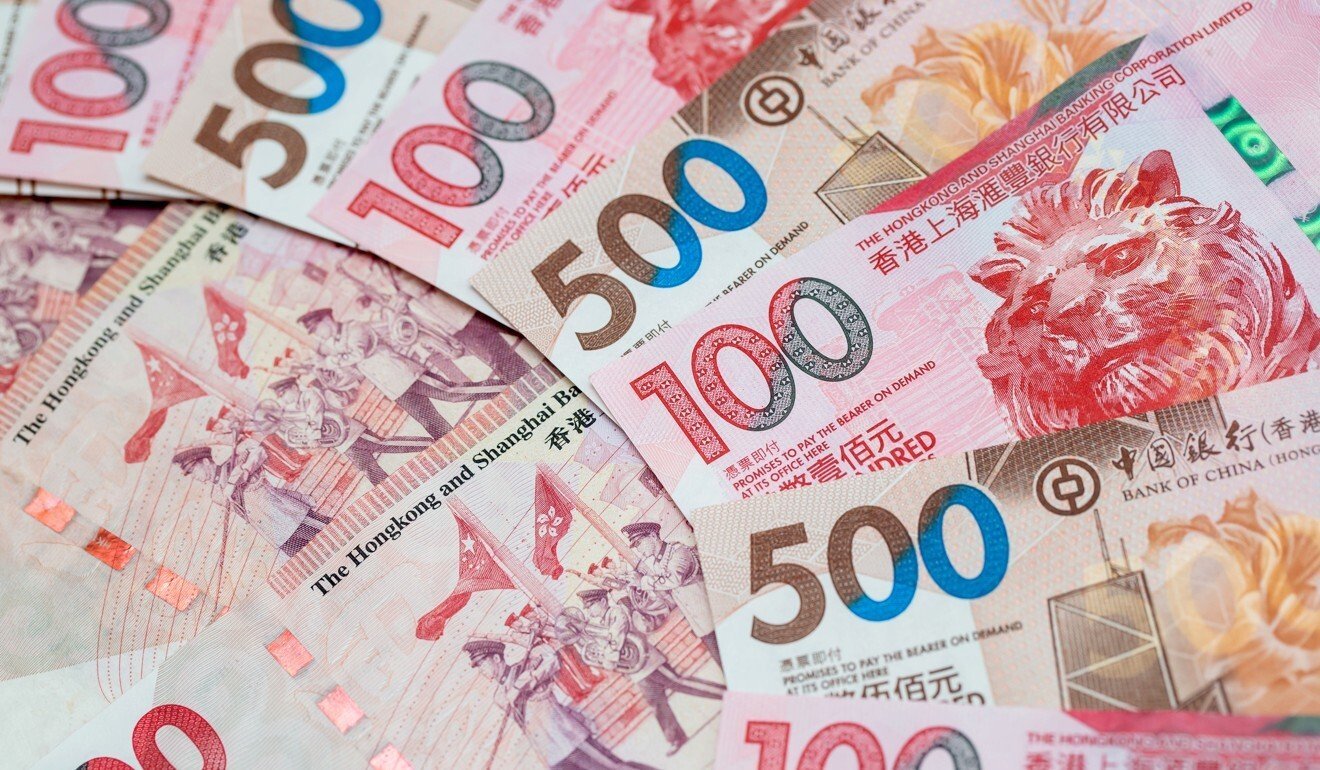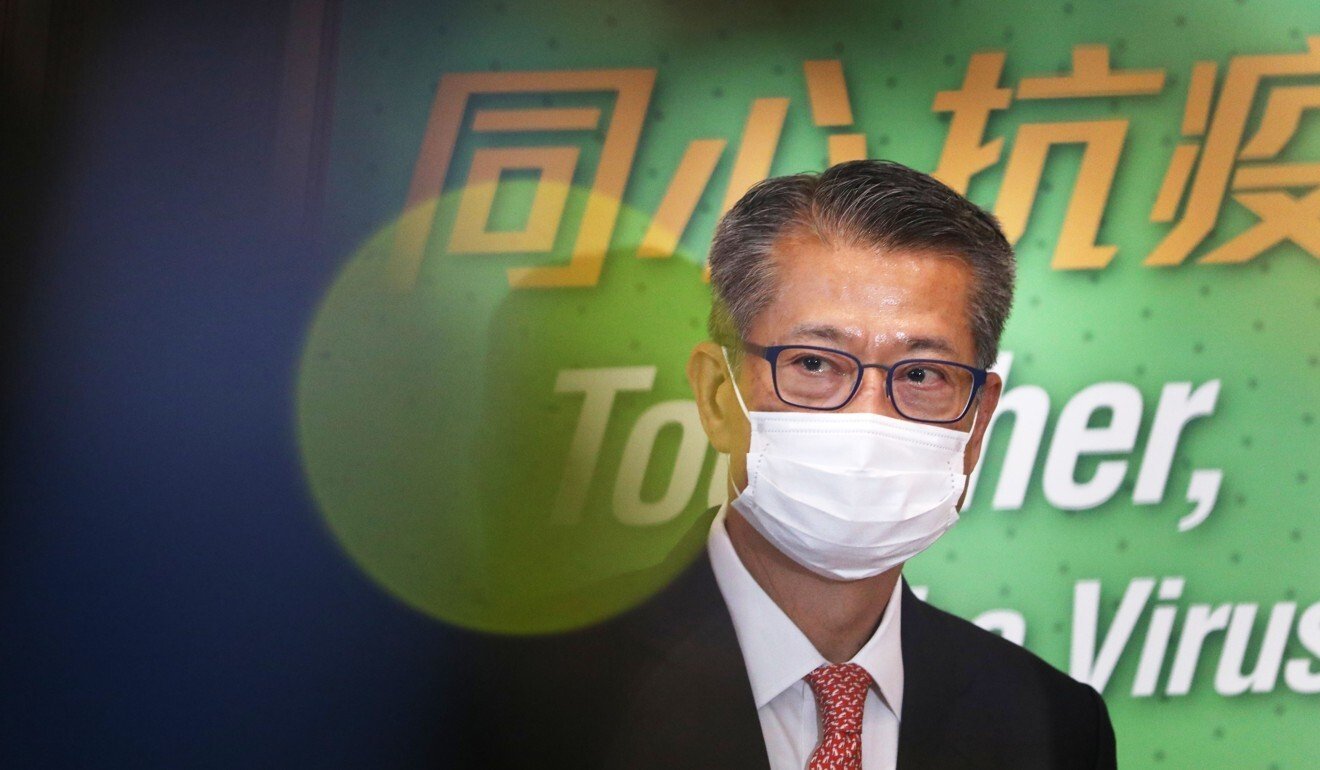Hong Kong News

HKMA wants to keep its US$581 billion war chest to defend currency
The head of Hong Kong Monetary Authority has rejected lawmakers’ call to dip into the HK$4.5 trillion (US$581 billion) Exchange Fund to finance the government’s rescue packages for companies and individuals hard hit by the Covid-19 pandemic, saying such a move would hurt the fund’s ability to defend the local currency.
The demands from lawmakers came after the Exchange Fund posted its third-highest earnings ever of HK$197.8 billion last year.
“With such a high investment income, can we use part of the earnings or the surplus funds to finance sectors which have been hard hit by the pandemic?” asked Ronick Chan Chun-ying, a lawmaker representing the banking sector. He was supported by several other lawmakers who spoke at a financial affairs panel meeting with the HKMA executives on Monday.
Th HKMA chief executive Eddie Yue Wai-man, however, made it clear that the Exchange Fund should only be used to maintain the stability of the financial market and the local currency peg.

“Once we start using the fund for other purposes, the market will speculate we may continue to take money out of the Exchange Fund in the future,” said Yue. “This may gradually affect the ability of the Exchange Fund to defend the peg.”
The government set up the Exchange Fund in 1935 to back the issuance of banknotes. After the HKMA was established in 1993, the de facto central bank has been investing the funds in stocks, bonds and overseas property.
The Exchange Fund protects the local dollar, keeping it within its peg to the US dollar. The de facto central bank intervened in the market 85 times
in 2020, selling HK$383.5 billion to keep it within its trading band.
The treasury places its fiscal reserves with the Exchange Fund as part of its assets and earns a share of profit or loss from its investments. The Hong Kong government is expected to receive HK$32.6 billion of income for last year, after getting HK$29.4 billion in 2019.
“The HKMA should increase the payment to the government from the Exchange Fund’s returns,” said Starry Lee Wai-king, chairwoman of the Democratic Alliance for the Betterment and Progress of Hong Kong. “It is the right time to use the reserves when people and companies are struggling amid the outbreak.”
In December, Financial Secretary Paul Chan Mo-po said the city faced a record budget deficit of more than HK$300 billion for the financial year ending in March and would continue to post a deficit in the 2022 financial year.

Yue, however, said the Exchange Fund’s payment to the government is based on the average of the past six-years’ returns, which cannot be changed easily. He said the authority would work with banks to help individuals and companies.
He noted that although the level of bad debt in Hong Kong had risen to 0.75 per cent in the third quarter of 2020, from about 0.5 per cent a year earlier, the overall banking and finance sector was holding up well amid the outbreak.
“A strong capital inflow to chase the many IPOs last year has supported the exchange rate of the Hong Kong dollar. The Hong Kong dollar deposits also rose 6.2 per cent in 2020, indicating no outflow from the city,” Yue said.











